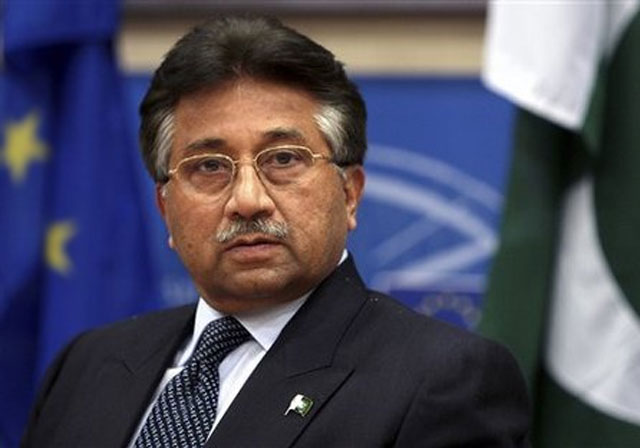
NEW DELHI (TIP):
The US Secretary of Defense Chuck Hagel, on August 9, proposed a trilateral military alliance involving India, Japan and the US, while advising New Delhi that it does not have to choose between Beijing and Washington, but continue to work with both. Hagel who ended his three-day visit to India by proposing the alliance, said “as US and Indian security interests converge, so should our partnerships with other nations”.
“The United States and India should consider expanding their security cooperation with Japan … We should elevate our trilateral defense cooperation”, Hagel said. Japanese Prime Minister Shinzo Abe has been votary of such an alliance which could turn out to be the most powerful outside the US-led NATO.
China, which has tense relations with Japan since the World War-II (1939-1945), in the past has protested against such a grouping. In May last year, the Communist Party-run Global Times newspaper reported “India gets close to Japan at its own peril”. Prime Minister Narendra Modi is slated to visit Tokyo at this month-end. Hagel was delivering a lecture, “achieving the potential of the US-India strategic partnership”, to mark 25 years of think-tank Observer Research Foundation in New Delhi.
He chose to strike a balance in its strategy to bring India and Japan closer. “India need not choose between the closer partnership with America and the improved ties with China,” Hagel advised. In strategic circles, this is being seen as the US understanding India’s point of view which does not see a conflict with China – both nations share a 3,488-km disputed boundary called the Line of Actual Control (LAC). Hagel went on to highlight that China can work “cooperatively” with both India and the US.
“In our relations with Beijing, both Delhi and Washington seek to manage competition but avoid the traps of rivalry. We will continue to seek a stable and peaceful order in which China is a fellow trustee”, Hagel said, probably fully knowing that his words are bound to resonate loudly in Beijing, Tokyo and Moscow – the last one being India’s trusted allay for five decades. Addressing the issue of the hydrocarbon rich disputed South China Sea, Hagel was candid “We ( India and US ) have a shared interest in maritime security across the region, including at the global crossroads of the South China Sea.
We also have a shared stake in the security of global energy and natural resource supplies”. China has claimed total sovereignty over the South China Sea and consequently sole rights over the hydrocarbons under the seabed. Indian has gas-oil block off the coast of Vietnam in the same sea and most of its east bound trade passes through these waters. The dispute is pending in the United Nations.
Hagel reiterated the promise to cooperate with India in co-production, co-development, and freer exchange of technology under the Defence Trade and Technology Initiative (DTTI), saying: “The DTTI now has on the table over a dozen cooperative proposals which would transfer significant qualitative capability, technology, and production knowhow”.





Be the first to comment